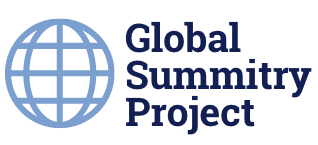Why do hegemonic actors set up and then change international orders—or the particular set of rules that set parameters for states’ behavior on the world stage—when and as they do? This essay examines American motives in founding the so-called liberal international order after the Second World War and then expanding it after the Cold War. Contrary to more conventional thinking about international order, the article argues that hegemonic orderers have often been motivated by competition and exclusion, advocating for order changes out of a desire to combat and weaken other actors rather than cooperatively engaging with them. And contrary to the narrative supported by the liberal order’s fiercest advocates, this essay posits that the United States fits comfortably within this historical record rather than transcending it. Viewing the life and times of the liberal international order through a broader historical lens, this essay contends, can help illuminate why this order served American interests so well for decades but is under increasing strain today. In particular, the essay concludes by examining how the United States and China view the liberal order today, what history suggests they may seek to do with it tomorrow, and what these dynamics portend for calls to elevate fora like the G20 to address contemporary international problems.
